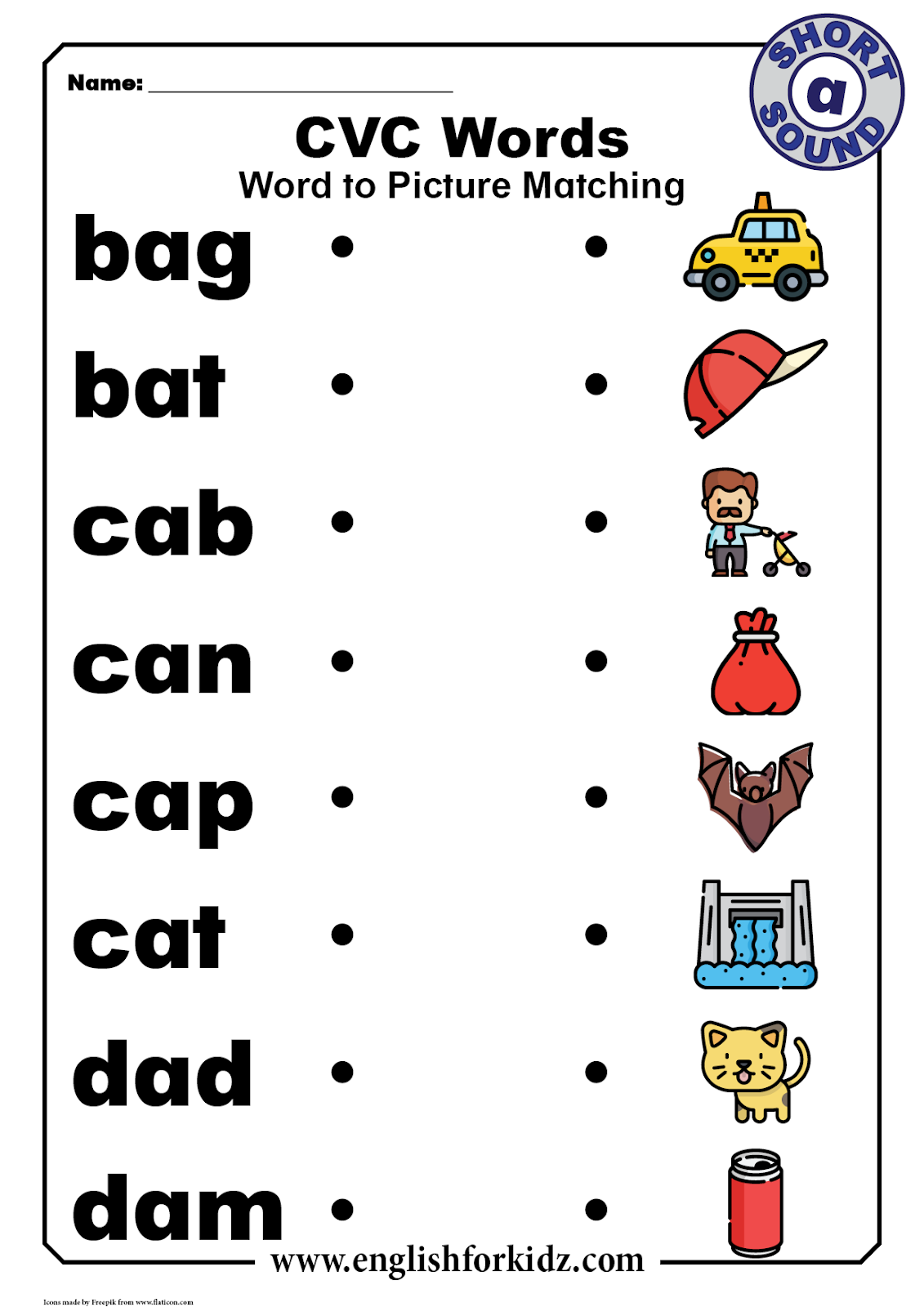Unlocking Reading: CVC Reading for Grade 1
Remember that feeling of accomplishment when you finally solved a jigsaw puzzle? That's kind of what learning to read is like for a first grader. It starts with figuring out the individual pieces—the letters—and then putting them together to form words. But where do you even begin with this whole "reading" thing? Well, it turns out there's a secret weapon: CVC words.
CVC stands for consonant-vowel-consonant. Think simple, snappy words like "cat," "dog," "sun," or "bed." These little words are like the corner pieces of a puzzle, providing a solid foundation for building reading skills. And that's why CVC reading is a cornerstone of first grade literacy.
Imagine a child sounding out each letter – "Cuh-ah-tuh...Cat!". It might seem a little tedious to us, but for a six-year-old, it's pure magic. That's because they're not just learning to read words; they're unlocking a code. CVC words, with their clear and consistent pronunciation, provide the perfect key to crack that code.
But CVC reading isn't just about memorizing a bunch of three-letter words. It's about understanding the fundamental relationship between letters and sounds, a concept called phonics. This understanding becomes the bedrock for tackling more complex words later on. Think of it like this: you wouldn't try to build a house on sand, would you? You'd start with a strong foundation. CVC words are that foundation for reading.
So, why is CVC reading so important in first grade? Because it's during this year that children are transitioning from recognizing letters to actually decoding and understanding words. By mastering CVC words, they're not just expanding their vocabulary; they're developing essential phonemic awareness, which is the ability to hear, identify, and manipulate individual sounds in spoken words. This skill is absolutely crucial for becoming a fluent reader.
Advantages and Disadvantages of CVC Reading
While there are numerous advantages to CVC reading, like any educational approach, it's essential to acknowledge potential drawbacks to ensure a balanced approach.
| Advantages | Disadvantages |
|---|---|
| Provides a strong foundation in phonics | Can become repetitive if not taught engagingly |
| Builds confidence in early readers | Focus on CVC words might overshadow sight words initially |
| Makes reading accessible and less intimidating | Doesn't encompass the nuances of all English language words |
Best Practices for Implementing CVC Reading
Here are some practical tips for making CVC reading fun and effective:
- Make it playful: Use games, songs, and activities to make learning CVC words engaging. Think flashcards with pictures, word-building games, or even letting kids create their own CVC word stories.
- Connect to real life: Point out CVC words in everyday life, like signs, labels, and books. This helps children see the relevance of what they're learning.
- Provide plenty of practice: Repetition is key! Encourage children to read and write CVC words as often as possible.
- Use a multi-sensory approach: Incorporate visual aids, manipulatives like letter tiles, and even movement to cater to different learning styles.
- Celebrate progress: Every small step is a victory! Acknowledge and praise children for their efforts and achievements, no matter how small they may seem.
Teaching a child to read is an incredible journey. It's about opening doors to new worlds, sparking imaginations, and fostering a lifelong love of learning. And you know what? It all starts with those three little letters: CVC. So, grab some flashcards, put on your playful hat, and get ready to unlock a world of reading wonders for the little learners in your life!
Navigating birthdays with sensitivity during difficult times
Sherwin williams warm white paint finding your perfect hue
Tattoo designer app pc a love hate relationship

.png)












